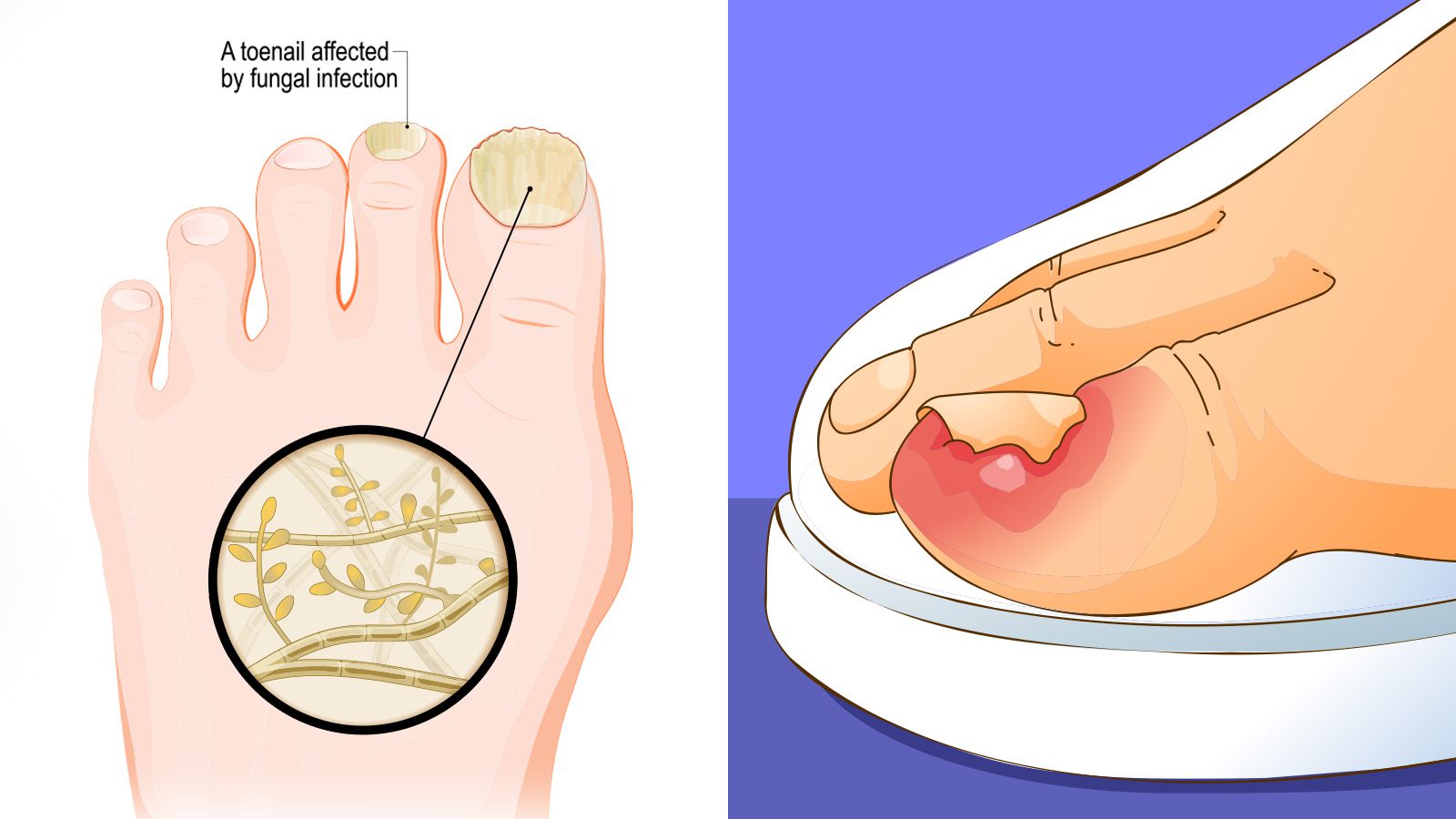We already know that our brain can affect our health in many ways, but now scientists believe that our thoughts can change our DNA. Thinking stressful thoughts is possibly shortening your lifespan, and researchers can measure that through changes in your DNA.
Certain vital pieces of your DNA tell your body whether that cancer risk from your father’s side of the family will show up as cancer cells in your own body. Developments in research have proven that our experiences in the physical world, like our diet, flexibility, and exercise have an effect on our DNA but how our thoughts influence DNA is just now beginning to be understood.
Here’s How Your Thoughts Affect Your DNA
As you may have read in our article, This ONE Thing Will Help You Live Longer, the growing field of epigenetics is learning that we have some control over which genes will end of being expressed as we age. Here’s an except from that article explaining the important pieces of our DNA that can be affected by our thoughts:
According to Dr. Dave Woynarowski, who spoke in 2011 at The Longevity Now Conference, telomeres are the parts of our DNA that are like a biological time clock that determines how much time you have left to live.
Telomeres are responsible for every cellular mechanism. We can live longer and slow down the aging process by doing 2 things:
1) Slow down the loss of telomeres and
2) Add length to the telomeres
How to add more years to your life with your thoughts
Researchers believe that telomere length is potentially a metaphor for the length of your life. The longer the telomeres, the longer we have left to live. Scientific American explains the important part of our DNA that is affected by thinking in this way:
‘Telomeres are stretches of DNA that cap our chromosomes and help prevent chromosomal deterioration — biology professors often liken them to the plastic tips on shoelaces. Shortened telomeres aren’t known to cause a specific disease per se, but they do wither with age and are shorter in people with cancer, diabetes, heart disease and high stress levels. We want our telomeres intact.’
Mindfulness and meditation are two ways to use thoughts to help keep telomeres intact. A study of breast cancer patients and telomere length found that those who practiced a mindfulness meditation were able to keep the their telomeres longer, while the control group who did not meditate had shorted the telomere end of their DNA.
The researchers believe that processing, rather than repressing, difficult emotions like anger and fear leads to better physical and psychological well-being. Meditation is one way to calm the thoughts and affect our DNA.
The researchers believe that supportive conversations that enable emotional expression are also helpful. Whether you talk to your friends, relatives or a therapist, being able to express your emotions is away to change your thinking about a situation. By discussing problems, we can often see that a solution is available by changing our mindset.
Yoga is another way to keep our DNA molecule length intact. Yoga was part of the mindfulness meditation study as well. Physical movement and awareness of yourself as being physically present in your body is another way to be mindful.
Being present in the moment rather than worrying about the future or being upset about the past can help your DNA to help your body live longer. By changing our thoughts to reframe mistakes as a positive learning experience helps us to focus on what we can do now to improve things.
We can improve our emotions and mood by improving our thoughts and that will in turn help affect our DNA telomeres to stay as long as possible. Avoiding stress and anxiety are important for healthy DNA.
How stressful thoughts affect your DNA
Being mindful helps keep your DNA telomeres long, but the opposite is also true; stress shortens telomeres. In another research study on DNA and negative thoughts, researchers looked at DNA telomere length and stress levels.
The scientists found that ‘Women with the highest levels of perceived stress have telomeres shorter on average by the equivalent of at least one decade of additional aging compared to low stress women. These findings have implications for understanding how, at the cellular level, stress may promote earlier onset of age-related diseases.’
Women who had more stress had shorter life spans as measured by their DNA. For those who are concerned about their well-being and health (ie. longevity, life span) these research results are enough to make you seek out ways to change your thoughts and have a positive impact on your DNA.
Awareness is important to changing thought patterns. Identifying when you are saying negative things about yourself or others is the first step. When you notice it is happening, try to observe yourself. What happened that made you feel that way? Try challenging your thoughts and changing your mind. Changing your thoughts could be the healthiest thing you’ve done for tour DNA lately.













